This voiceover is almost identical to the text, which changed a little afterwards. I suggest listening to it while scrolling through the text. Except if you are driving, riding a bike, or whatever.
If you liked the voiceover you can buy me a coffee here.
Real Journalists in an unreal world
I have many friends who regularly check the so-called “news” which pops up on their smartphones along with ads for skin cream.
Of course, they all claim to read only “trusted sources” such as WaPo, the NYT, CNN, Newsweek, the BBC and all the other official tabloids — apart from the skin cream stuff of course.
As one of my friends, a distinguished journalist , sneering at my opinions which he sees a intellectual zits, told me, “Get the facts, Julian—the actual facts, not that crap you read on Ria Novosti but the stuff written by real journalists Read the New York Times”.
In the case of the Wagner plane crash, I did exactly that. I read the Western mainstream media. I noticed that many Western news sources were basing their reports on Ria Novosti’s reporting. But, hey, “real journalists” know how to distinguish truth from lies, which of course, helps them lie better.
Still, I began to question the whole idea of “journalism”.
The word “journal” comes from Latin and Middle English —and denotes a book containing the appointed times of daily prayers—originally a religious thing —telling you when to pray—and how.
How different is modern “journalism”?
Not much— you are still being told when to say your Hail Marys.
Before Newspapers
Once upon a time when most people lived in villages and couldn’t read and write, “news”— so-called— arrived usually as a traveler stopping at the local inn. His account of the world outside was eagerly listened to, repeated and spread. With each telling, the details of the story would change and although the basic story line might remain the same, speculation filled in the gaps and interpretations smoothed over contradictions.
People did not argue about the “facts”—rather, they just added to them.
That was partly because the world outside the village didn’t usually matter much. So “news”—unless it had some real relevance to the village — was often as not entertainment, something to relieve the boredom.
The Invention of Newspapers
Then, in the 18th Century, the Industrial Age was born along with urbanization and greater literacy. We got “newspapers”, which relied on advertising and local politics. Still, while village life died and people lived more and more in towns and cities, human nature and fundamental social dynamics remained.
People talked in inns and the marketplace as they did before. Just the larger context was different.
Their day-to-day world was the people they knew, with whom they had connection, extending no further than about 150-people. Outside that, reality was virtual rather than actual.
Universal public education
Change continued. Later, in tbe 19th Century, came universal public education.
On the one hand this gave people the intellectual tools to acquire knowledge and skills and to think independently. On the other hand, such freedom undermined social order and control. The new nation states needed soldiers and compliant workers —not philosophers. Socrates drink up!
As a result, public education was also indoctrination in social mythologies, along with respect for rules handed down from above and belief in quasi-omniscient authority. The new gods were as the ancient ones – they didn’t know it all and were fallible – but you had to pray to them. Or else.
Journalism? Yes, daily prayers. As before. How to pray. What to pray for.
Authority had power. At least more than you did. But if you did things right, one day you could have a cane too to beat your inferiors.
Industry and technology progressed under this system. The cogs all meshed.
The 20th Century
In the 20th Century, WWI spurred the development of new communications and information technologies. Wartime propaganda morphed into what Edward Bernays called “public relations”. Suddenly, we had radio, film, national newspapers, magazines. There were more people going to colleges and universities.
Yet, family and friends, and beyond that, maybe a 100 or so acquaintances mattered most: the “outside world” was still 150 people out. Still virtual. Still irrelevant unless it affected you directly.
As in times past, “news” was as much entertainment as anything else. Literally what was “new”, rather than “old”.
While the media provided diversion— it did so against the background of social mythologies, reinforcing the belief systems that most people accepted without question — leading. if you like. from behind.
After WWII we had TV. Then the Internet. Computers. Smartphones. Next maybe chips in our heads. So much choice!
Naturally, this is also the age of the multiple-choice test. Choose the correct answer -- a, b, c, or d. There is always one “correct” answer – and multiple incorrect ones.
The Age of Experts
How do we know the correct answers?
Experts!
Today is the Age of Experts. So, everyone wants to go to college to learn from these people. But their knowledge is more and more specialized – narrow in focus. The narrow, the more disconnected.
In addition, an expert has to be certified by another expert. It’s a circle jerk. You need a piece of paper on the wall to prove your position in the circle.
So, pay your money, get a degree. Thank and wank. Become an expert in something— anything, too.
As before, the goal of education is not to learn to think— or learn to learn—but to gain accreditation and rank and position. To do that, you must find out the “correct” answers—not so easy since they are not necessarily true or facts. “Information” that is not “correct” is “misinformation” or “disinformation”. Correct information is a kind of catechism, given to you by authority.
The role of the media
The media supplies “narratives”. Modern journalists are like that These are that traveler centuries ago, who stopped at the village inn, with stories-- equal parts rumor, speculation and invention entertaining the locals to cadge a few drinks and maybe seduce a barmaid.
Those travelers’ stories, however, were more likely to be true, as opposed to “correct”, unlike the media whores of today.
Your Test
Here’s a sample test to gauge your suitability as a journalist.
Choose the correct answer:
1.
a.) The Wagner Group jet was destroyed by Vladimir Putin
b.) Nobody knows how the plane crash occurred
c.) Putin had no reason to kill Prigozhin
d.) The crash could have been an accident
2,
a.) Putin has a history of assassinating people he doesn’t like
b.) There is no proof that Putin has ever ordered the assassination of anyone
c.) Putin knew that if he assassinated Prigozhin everyone would blame him
d.) The West and its media is conducting a propaganda war against Putin
3
a.) Russia is a totalitarian state
b.) Russia is a viable new democracy
c.) Russia is arguably more democratic than the US
d.) Russia is at war, under constant attack and takes necessary precautions
4.
a.) The Russian media is just propaganda – they lie
b.) The Western media is consistently untruthful
c.) the West suppresses and censors dissent in all areas
d.) Julian Assange is in prison for telling the truth
5.
a.) Russia is a failed state, led by a crazy, sick dictatorial thug
b.) Russia is forging a new, fairer, more just multipolar world order
c.) Russia is winning the war in Ukraine
d.) The US is a failed state led by a senile old man
Obviously, the correct answer in each case is a.) The other answers are just facts. If you got all five questions, you can work for any mainstream outlet.
The Wagner Crash
The recent Wagner Crash illustrates my point.
The Western media all rushed to judgement –judgment determined by spurious assumptions about Putin and Russia, that political catechism I mentioned.
They cherry picked images and witness comments from Russian media; dropped some comments from “experts” paid off to support their theory that the crash was no “accident “but rather an assassination using a bomb or missile – probably on the orders of Putin. quoted “informed sources” (but anonymous as Oracles should be) Naturally, they pretended to be objective.
All this before they even knew Prigozhin was dead. Before anyone knew anything at all!
A formal investigation has started in Russia, but it will not be believed when the results are out. We know the results— before This is from the prestigious Council on Foreign Relations.
An official report will likely rely on various pieces of information to deflect suspicion from the Kremlin, such as the fact that the plane’s Brazilian manufacturer said it had ceased servicing the aircraft because of sanctions on Russia; that the Wagner leadership team had just returned from an exhausting trip to Africa to shore up ties with its clients there; that air defense units around Moscow were on high alert because of Ukrainian drone attacks. Yet even Russians who believe this version of events will also be reminded of how much Putin has destabilized the country.
You can guess the content of the rest of the article.
We’ll talk more about that in my next article, in which I plan to do a forensic analysis of the crash.
In the meantime, say your prayers. You really, really need to pray.
The Zoo
French Alpine goats are fast, agile, and can be very affectionate. At the zoo, we had just one who was, of course, almost impossible to keep in. They jump and have perfect balance. He grew fast and I called him “Pierre”. French after all. Later, I made three friends all named Pierre. I never told them about the first “Pierre” or how they reminded me of him, for the sake of friendship and propriety. Buy a coffee for Pierre. Click here or on the picture.



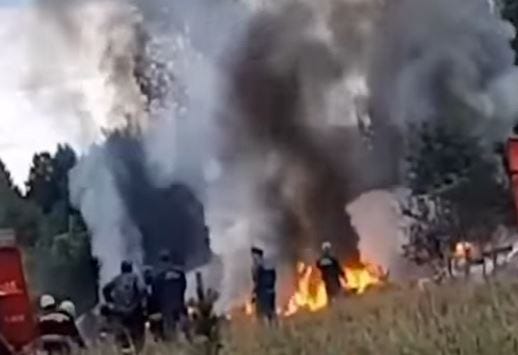

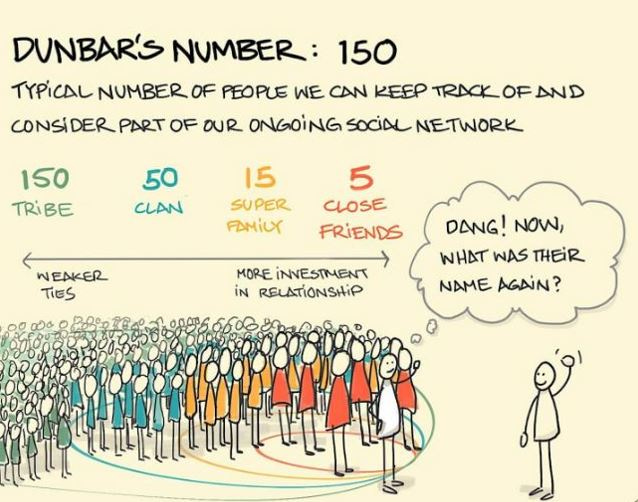
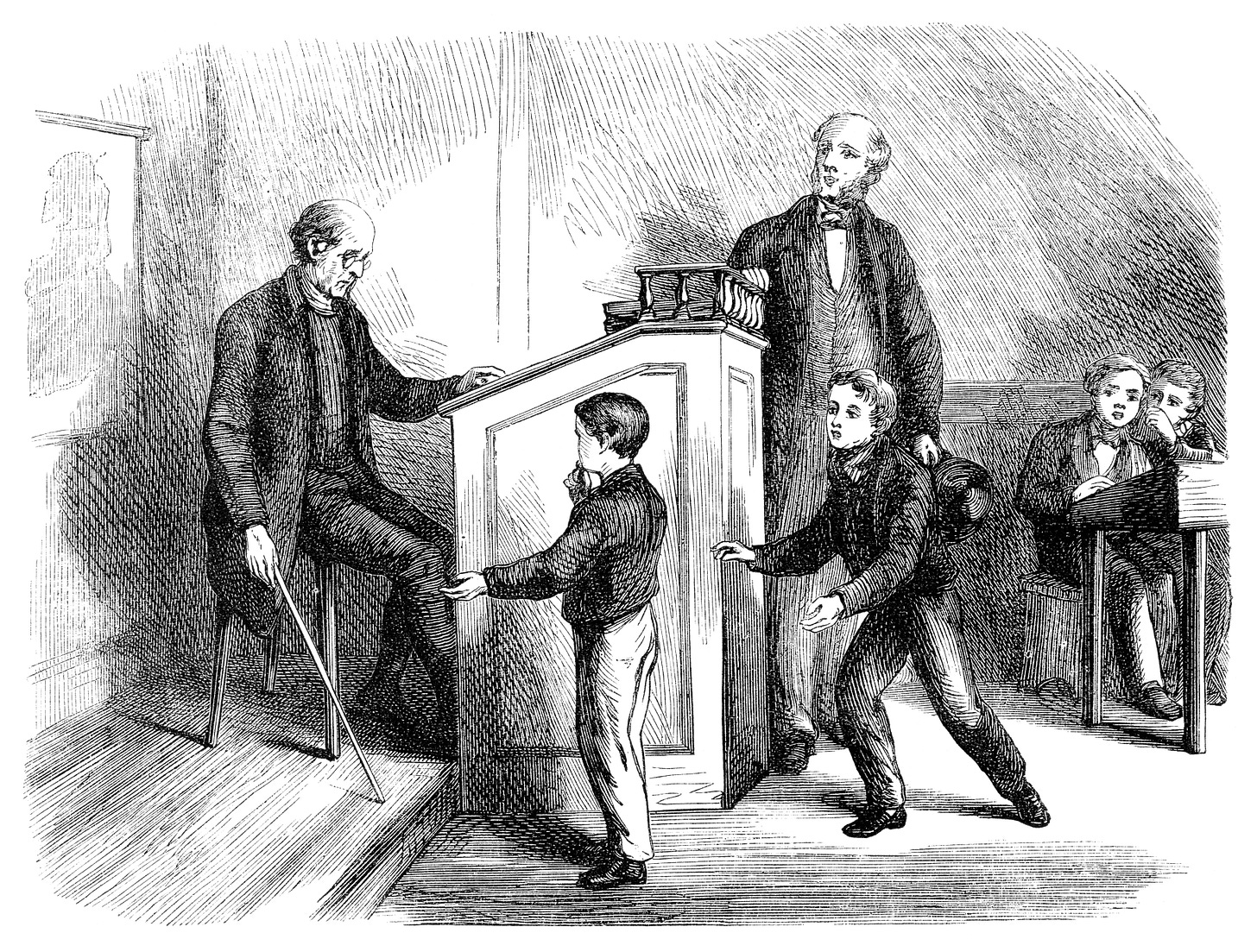
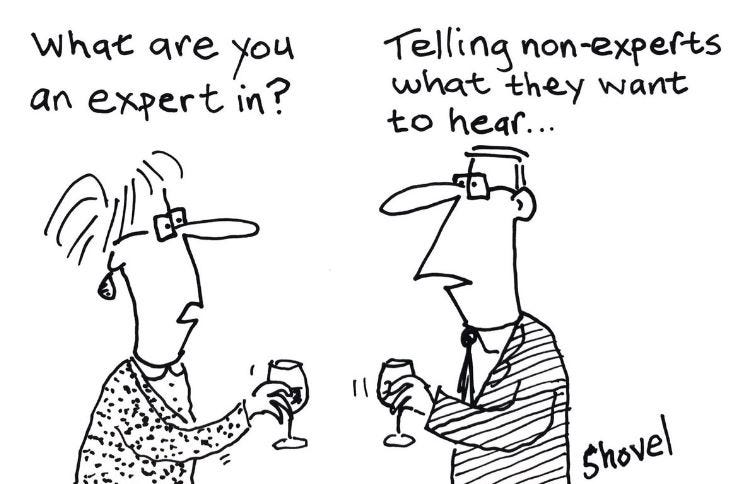
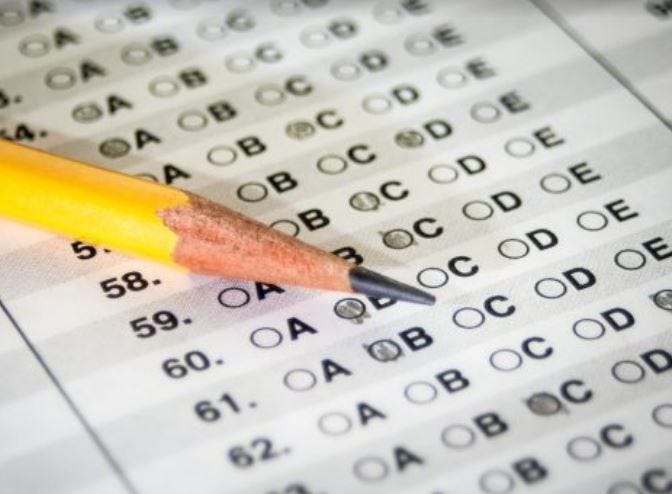

Journalism used to be an occupation where the journalist described the facts he experienced, which he then put into a consumable form, which was then either accepted by the editor or not. At that time, even what he wrote could contain traces of truth !
The modern concept of the journalist has already changed, it would be more fortunate to call him a propagandist, his task is limited to what the secret service officer of the given country (USA and the West) describes in brief, the journalist has to edit this in his own style, but keeping the essential point ! In the current state, apart from a few rare exceptions, the news reporters are well-paid people who are afraid that if they deviate from the central guidelines, their good salary will end !
I'm already waiting for the day when the Pulitzer Prize will be given to CIA officer John Doe for his valuable news summaries ! :)
“… speculation filled in the gaps and interpretations smoothed over contradictions.” Great phrase – very quotable.
Great article and audio. Wow – you are taking on a lot tackling the Prigozhin/Wagner topic – there is so much around but I look forward to your speculation and interpretation. The answer of course will be a). :-)
On Edward Bernays, here is my contribution …
• The Century of the Self – documentary featuring Bernays et al
https://topdocumentaryfilms.com/the-century-of-the-self/
or in four parts here:
• The Century of the Self - Part 1: "Happiness Machines"
https://www.youtube.com/watch?v=DnPmg0R1M04
• The Century of the Self - Part 2: "The Engineering of Consent"
https://www.youtube.com/watch?v=fEsPOt8MG7E
• The Century of the Self - Part 3: "There is a Policeman Inside All Our Heads; He Must Be Destroyed."
https://www.youtube.com/watch?v=ub2LB2MaGoM
• The Century of the Self - Part 4: "Eight People Sipping Wine in Kettering"
https://www.youtube.com/watch?v=VouaAz5mQAs
Of course Bernays is just one cog in the wheel.